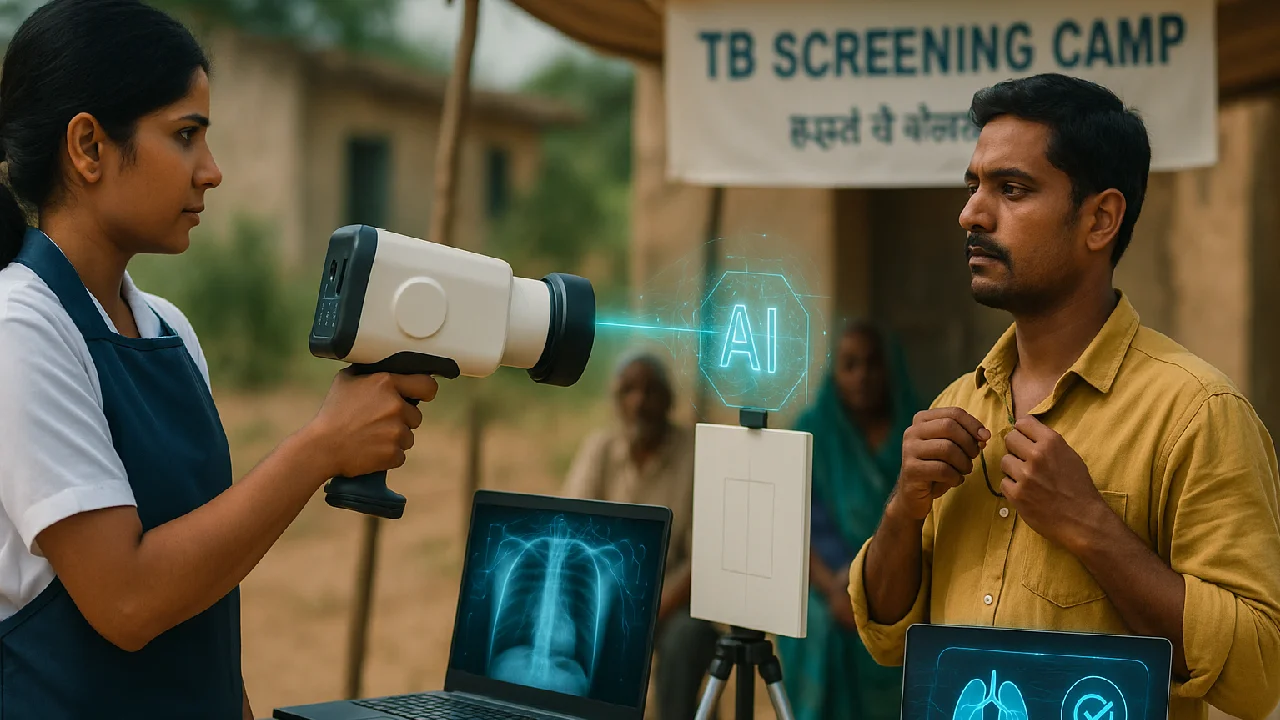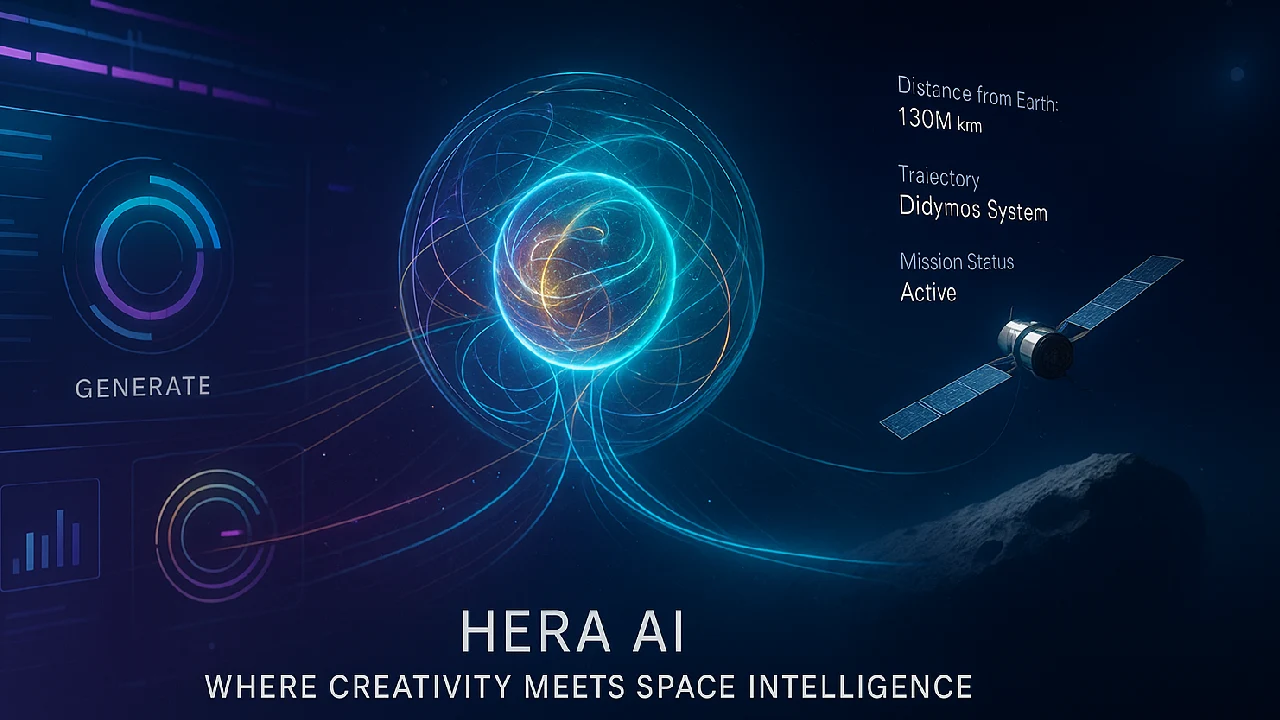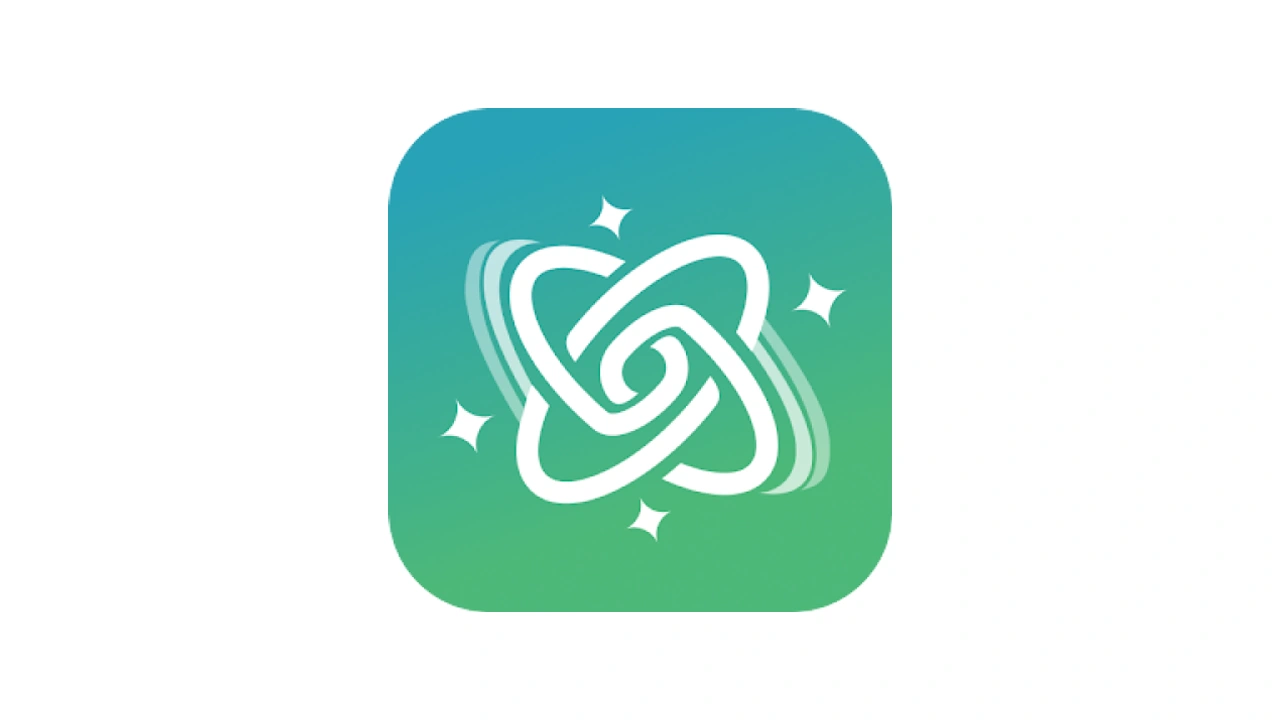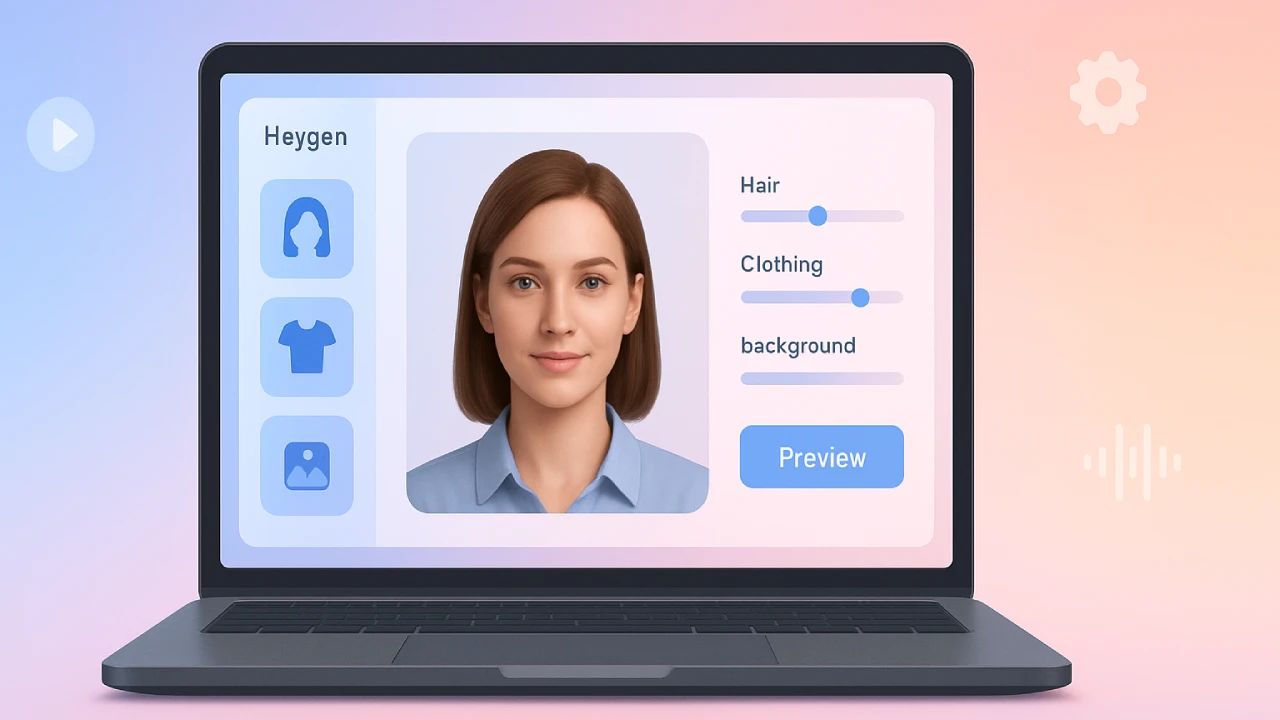India’s mission to eliminate tuberculosis (TB) by 2025 has received a significant upgrade. AI-powered portable X-ray kits are revolutionizing TB detection, particularly in underserved and remote areas. This blog explores how this revolutionary tech is closing detection gaps, how it works, where it’s deployed, and why it’s making headlines in the fight against TB.
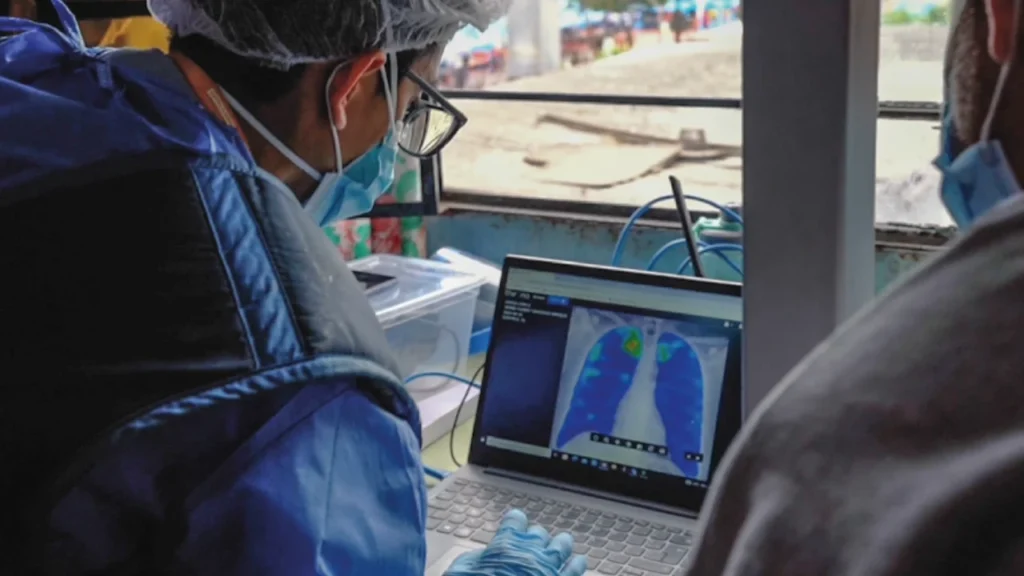
What Are AI-Powered Portable X-Ray Kits?
These compact, hand-held devices look more like digital cameras than traditional medical machines. But inside, they’re equipped with powerful components:
- A portable X-ray generator (weighing 1.8 to 2.8 kg)
- A flat-panel detector
- A tripod and laptop loaded with AI software
- Battery operation, offering over 100 scans per charge
The AI model is trained on chest scan data from TB patients to spot white patches (indicating infection). Within minutes of taking a chest X-ray, the AI flags whether the person may have TB—making it ideal for early screening and rapid triage.
How the Technology Works on the Ground
At clinics like the Villianur Health and Wellness Centre in Puducherry, the process is simple yet transformative:
- A person (often a family member of a TB patient) stands for a quick chest scan.
- The image appears instantly on a laptop.
- The AI software evaluates the scan for TB markers.
- If abnormalities are found, the individual is asked to submit a sputum sample for confirmatory testing using NAAT (Nucleic Acid Amplification Test), such as TrueNat or CB-NAAT.
This immediate feedback loop helps fast-track treatment and reduces the risk of transmission within households and communities.
Nationwide Deployment: From Urban Clinics to Rural Camps
India’s TB program is already using 473 such devices, with another 1,500 being procured. These kits are deployed across
- Family screening for known TB patients
- Individuals with respiratory symptoms
- Vulnerable groups like those with diabetes
- Rural health camps that target under-screened populations
The devices were a core part of the 100-day TB-Mukt Bharat campaign, which ran from December 2024 to March 2025. Here are the campaign results:
| Metric | Value |
|---|---|
| People screened | 12.97 crore |
| TB cases detected | 7.19 lakh |
| Asymptomatic TB cases | 2.85 lakh |
| Priority districts covered | 347 |
Why This Innovation Matters
AI-powered portable kits are addressing several persistent challenges in India’s TB control strategy:
1. Early Detection
Many TB cases go undiagnosed due to lack of symptoms. Chest X-rays detect lesions even before symptoms appear, which is critical for asymptomatic patients.
2. Portability
Their lightweight and battery-powered design make them ideal for use in hard-to-reach areas, ensuring equitable access to screening.
3. Speed & Accuracy
AI results are generated in under 5 minutes, with approximately 90% screening accuracy reported in states like Uttar Pradesh.
4. Reduced Costs
Previously, imported AI-equipped X-ray systems cost ₹40–45 lakh, plus licensing fees. Now, ICMR-approved Indian models like Mine2, MyBeam, and Prorad Atlas cost less than ₹15 lakh, making large-scale rollout more feasible.
Operational Workflow: From Screening to Treatment
The National TB Programme has established standardised procedures for the use of these devices.
- Step 1: Portable X-ray taken
- Step 2: AI flags TB-positive signs
- Step 3: Sputum collected for molecular testing
- Step 4: Confirmed patients are started on anti-TB treatment
This streamlined workflow increases diagnostic efficiency and reduces patient loss to follow-up.
Challenges and the Road Ahead
While promising, the rollout isn’t without hurdles:
- Training needs for frontline workers to use AI tools correctly
- Power backup for camps in remote areas
- Ensuring data privacy and secure storage of medical scans
Still, the momentum is strong. With support from agencies like the Indian Council of Medical Research (ICMR), CHAI, and Unitaid, India is setting an example in blending AI with public health infrastructure.
Key Takeaways
- India has deployed 473 AI-powered portable X-ray machines, with 1,500 more on the way.
- These kits are battery-operated, lightweight, and can screen up to 250 people per day.
- The 100-day national campaign identified 7.19 lakh TB cases, with over 2.85 lakh being asymptomatic.
- AI helps with early TB detection, faster screening, and cost savings.
- The integration of these tools is a crucial step toward India’s goal of becoming TB-free by 2025.
By combining AI innovation with public health policy, India is not just diagnosing TB faster—it’s taking the fight to where it matters most: the last mile.

